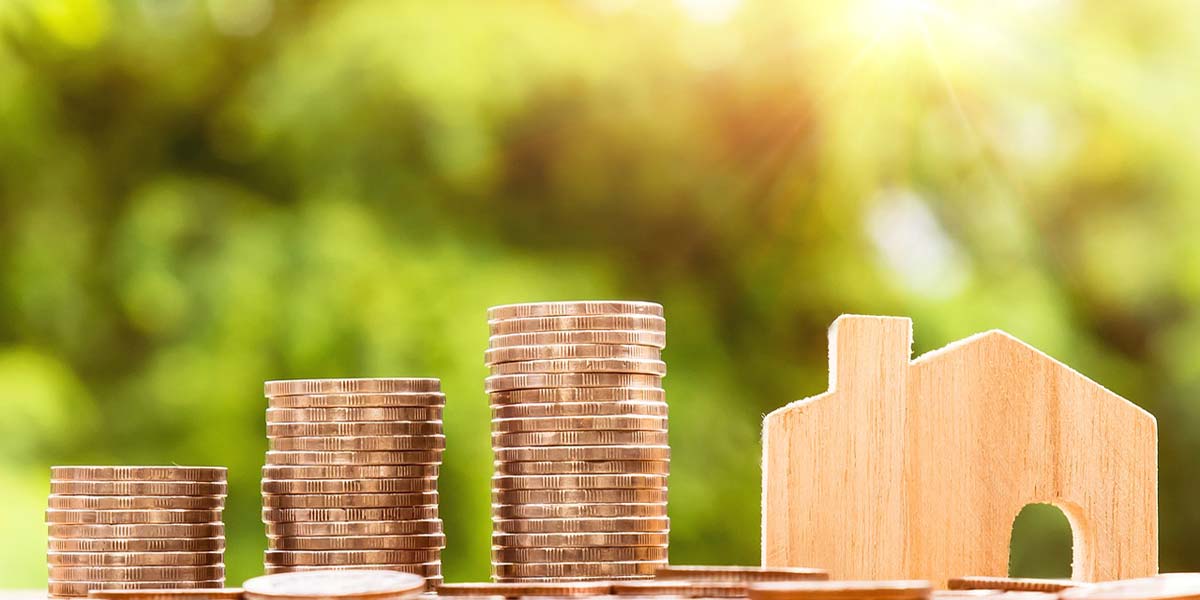What Is Capital Gains Tax And Does It Apply To Me?
Australian tax laws can be complicated even to experienced accountants, which means that they can be nearly impossible to navigate for the average person. Sure, you might have finally figured out how to fill out your own tax return at the end of the year, but what about capital gains tax?
What is capital gains tax?
Capital Gains Tax (CGT) is tax that you pay on the sale of a property or other investment. It only applies to the profit or loss that you made on the sale, which means that you have to be careful when calculating CGT. For example, if you bought an investment property for a million dollars in the past, and then went on to sell it for two million some time later, you would have made a capital gain of a million dollars. This capital gain needs to be added to your tax return, and you will have to pay tax on it.
What is the taxation rate for CGT?
The CGT taxation rate can actually be a little bit confusing to work out. A lot of people think that you have to pay tax on the entirety of your sale. This is not the case. You will only ever pay tax on a capital gain, and you can claim capital losses back on your tax return.
If you have held an asset for more than 12 months, you will get a discount on your capital gains. Instead of adding the entire gain to your tax return, you will only need to add half of it. This means that you will only pay tax on half of your capital gains. Once your capital gain amount has been worked out, it is added onto your normal income tax return, and you will pay normal tax rates on it. The actual amount of tax you pay will depend on your total income and on what tax bracket you end up falling into.
What sort of things do I need to pay CGT on?
Basically, anything that you purchase as an investment and then sell at a later date will incur CGT. Personal use assets are usually excluded from CGT. You will need to pay tax on any profits from the sale of things like:
Real estate – The sale of anything from house and land packages, blocks of land, and even investment businesses or rental properties will incur CGT.
Shares – The sale of any shares will be subject to capital gains tax, which means that you need to keep careful records of your chare transactions.
Collectibles – Some collectible items, like old cars or motorbikes, can incur CGT when they are sold.
Cryptocurrencies – Buying or selling cryptocurrencies is also seen as a CGT event. Make sure that you keep careful records of all your trades so you don’t get into trouble at tax time.
As you can see, capital gains tax really isn’t that complicated. However, you need to be careful to make sure that you report any capital gains that you have, otherwise you might end up with a fine from the ATO.
